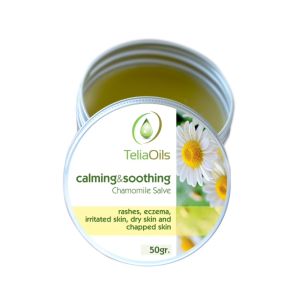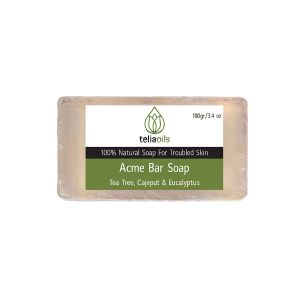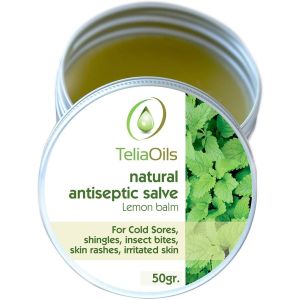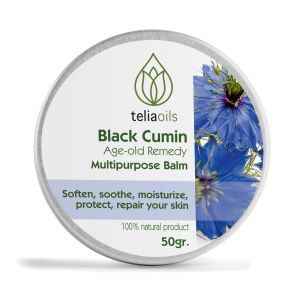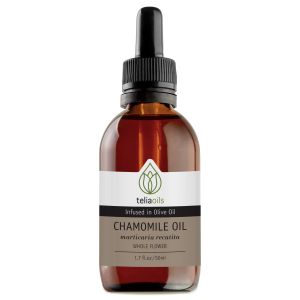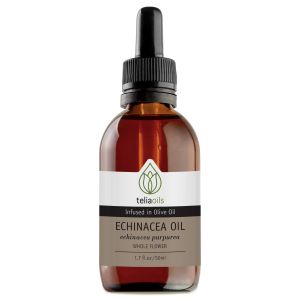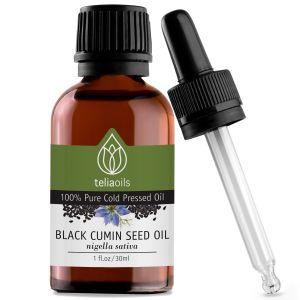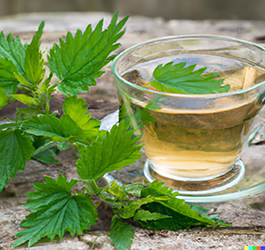How To Recognize Dehydrated Skin
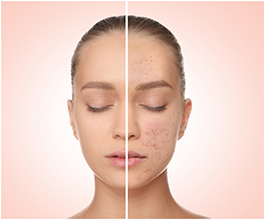
Dehydrated skin is a common condition that affects many people, regardless of age or skin type. It occurs when the skin lacks water, which can cause it to become dry, flaky, and even itchy. If left untreated, dehydrated skin can lead to other issues such as excessive oil production, premature aging, and even acne. In this article, we will explore how to recognize dehydrated skin and offer tips on how to hydrate and moisturize your skin.
Dryness
One of the most obvious signs of dehydrated skin is dryness. If your skin feels tight or rough to the touch, it may be lacking moisture. This can be especially noticeable after washing the face or taking a shower, as water can further strip the skin of its natural oils. In severe cases, dehydrated skin can lead to cracking or peeling, which can be painful and unsightly.
Excessive Oil Production
Another sign of dehydrated skin is excessive oil production. When the skin lacks water, it can overcompensate by producing more oil, which can lead to clogged pores and acne. If you find that your skin is oily in certain areas, such as the forehead, nose, and chin, it may be a sign of dehydrated skin.
Dehydrated skin can also be itchy and irritated. This is because the skin's natural barrier function is compromised, making it more susceptible to environmental irritants and allergens. If you experience redness, itching, or other signs of irritation, it may be a sign that your skin is dehydrated.
Use A Gentle Cleanser
To hydrate and moisturize dehydrated skin, it is important to take steps to protect the skin's natural moisture barrier. This includes using a gentle, hydrating cleanser that will not strip the skin of its natural oils. Look for products that contain ingredients such as glycerin, hyaluronic acid, or aloe vera, all of which can help to hydrate and soothe the skin.
Use A Moisturizer
After cleansing, it is important to apply a moisturizer to the skin. Look for products that are specifically formulated for dehydrated skin and contain ingredients such as ceramides, fatty acids, or shea butter, all of which can help to lock in moisture and protect the skin's barrier function. It's also a good idea to use a hydrating serum, which can deliver an extra boost of moisture to the skin.
Drink Water
In addition to using the right products, it is important to drink plenty of water to hydrate the skin from the inside out. Aim to drink at least eight glasses of water per day, and avoid consuming excessive amounts of caffeine or alcohol, which can further dehydrate the skin.
Avoid Harsh Skincare
Finally, it is important to avoid harsh skincare products and practices that can further damage the skin's moisture barrier. This includes using hot water to wash the face, over-exfoliating, and using products that contain alcohol or fragrances. By taking a gentle, hydrating approach to skincare, you can help to restore your skin's natural moisture balance and enjoy a healthy, glowing complexion.
In conclusion, recognizing the signs of dehydrated skin is the first step in hydrating and moisturizing your skin. By using the right products, drinking plenty of water, and avoiding harsh skincare practices, you can help to restore your skin's natural moisture balance and prevent further damage. With a little extra care and attention, you can enjoy healthy, hydrated skin that looks and feels its best.

 de
de el
el

